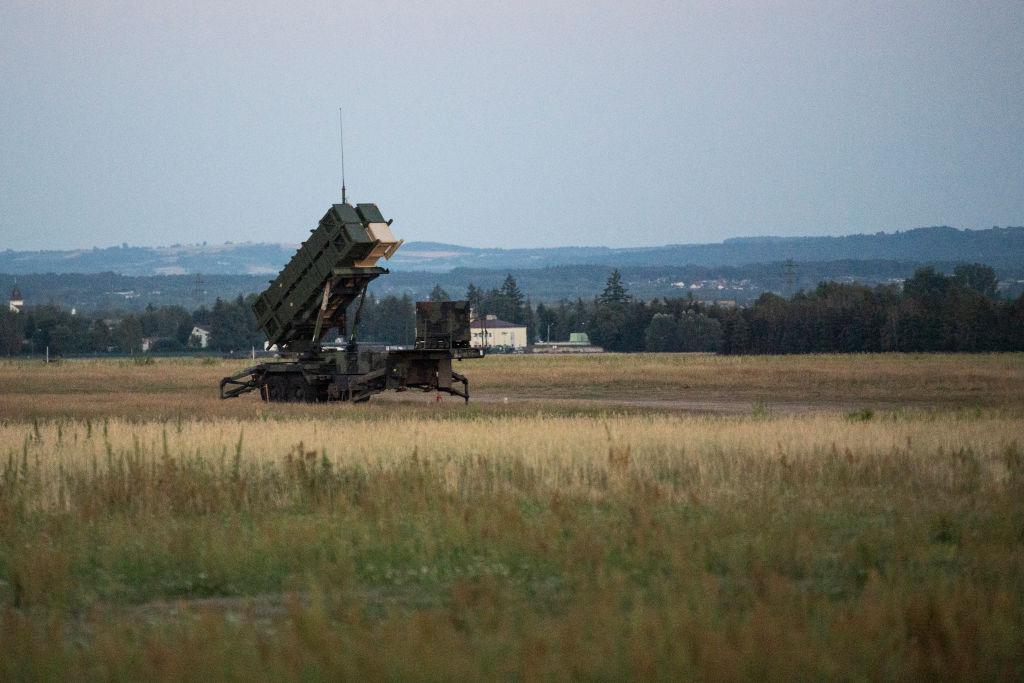German army chief calls for 100,000 more active troops to face Russian threat, Reuters reports

The German Army needs an additional 100,000 troops to meet NATO targets and prepare for a possible Russian aggression, Reuters reported on Sept. 11, citing a confidential letter from a top army commander.
The news comes as NATO warns about a potential open clash with Moscow in the next five years, while Russia's full-scale invasion of Ukraine grinds on.
The new recruits would join the roughly 62,000 active soldiers and 37,000 non-active troops serving in the Army, the land component of Germany's Bundeswehr.
In a letter dated Sept. 2, German Army Chief Alfons Mais reportedly said that the branch needs at least 45,000 more troops by 2029, and another 45,000 by 2035.
Germany should also recruit 10,000 additional service members for its territorial defense force, the letter addressed to Bundeswehr Chief Carsten Breuer read.

"According to a first rough estimate," Germany would need 460,000 military personnel to meet NATO's adjusted capability targets, including 260,000 active troops, Mais wrote.
The German Defense Ministry declined to comment on the report for Reuters, citing confidentiality reasons.
The Kyiv Independent could not verify the claims.
Russia's full-scale invasion of Ukraine in 2022 prompted European countries to ramp up defense spending and expand their militaries in a sharp break from decades of post-Cold War disarmament.
The issue has gained fresh urgency as the Trump administration signals its intent to decrease U.S. military presence in Europe, while Poland downed Russian drones in its airspace earlier this week in what Warsaw called a deliberate attack.
After years of underspending, Germany began restoring its military capabilities after the start of the all-out war in Ukraine.
The effort accelerated under Chancellor Friedrich Merz, who proposed a new 500 billion euro (nearly $590 billion) fund to boost infrastructure and defense readiness.
Joining efforts to boost NATO's eastern flank, Germany has also permanently deployed a brigade in Lithuania, a country bordering Russia's heavily armed exclave of Kaliningrad and Moscow's ally Belarus.












